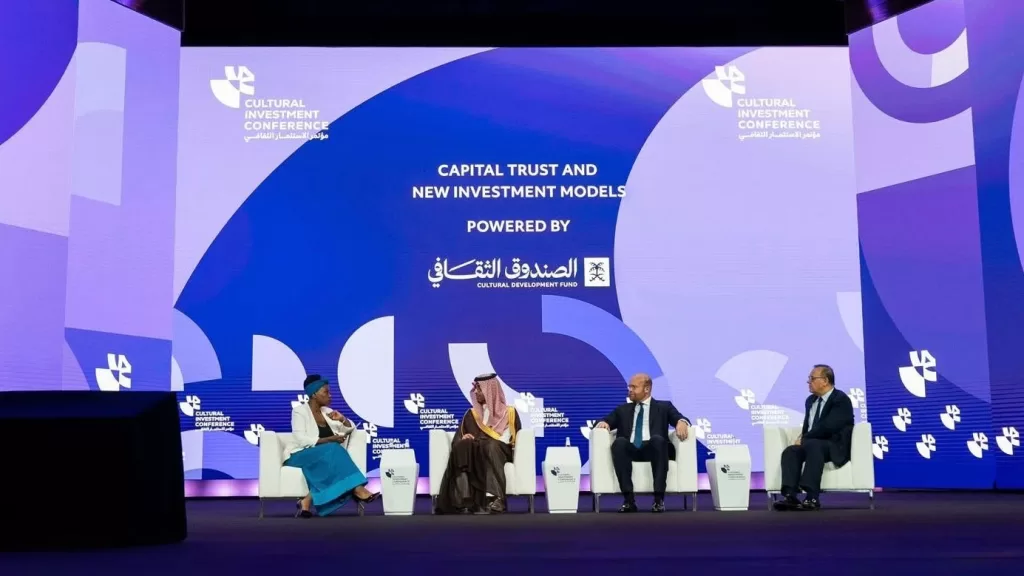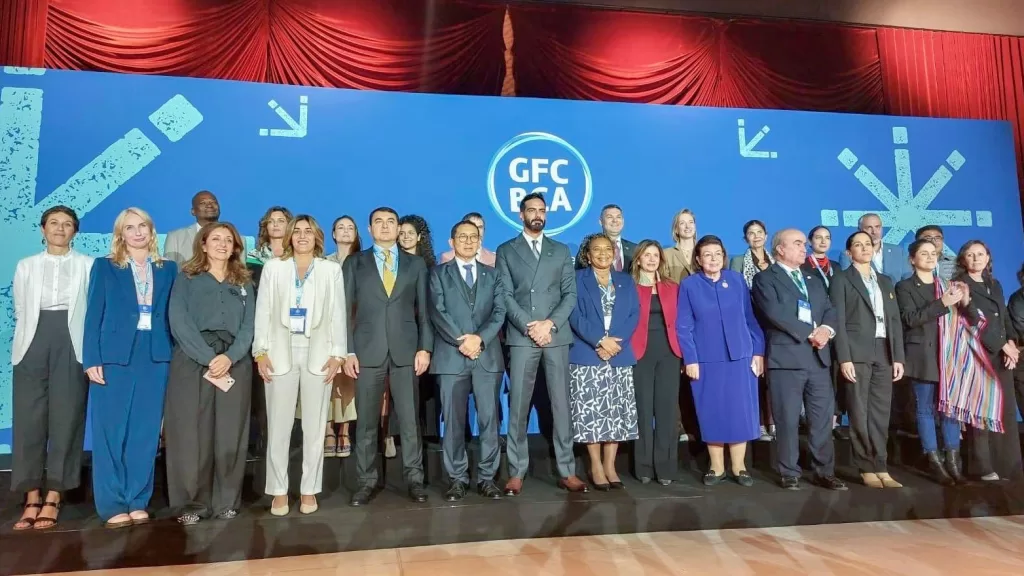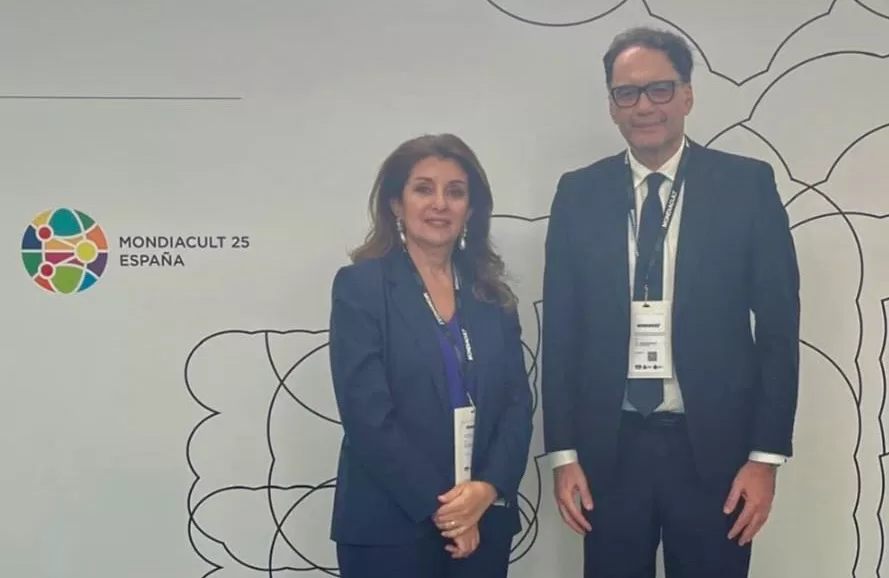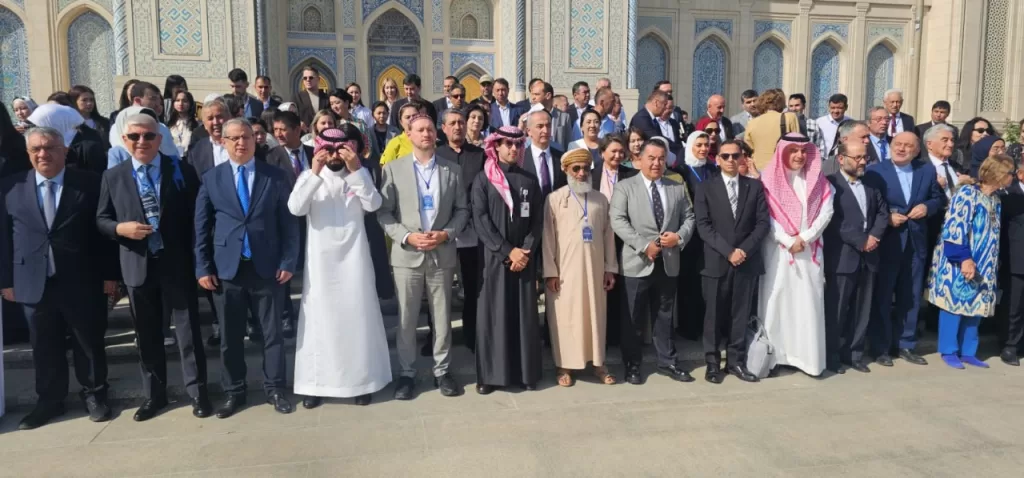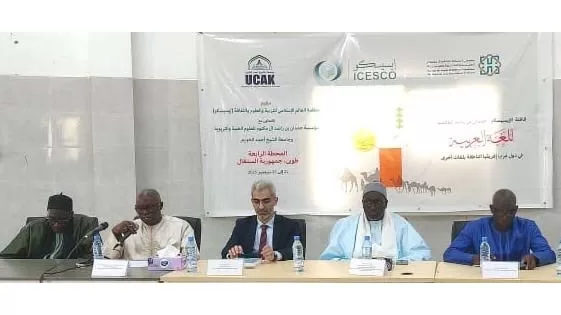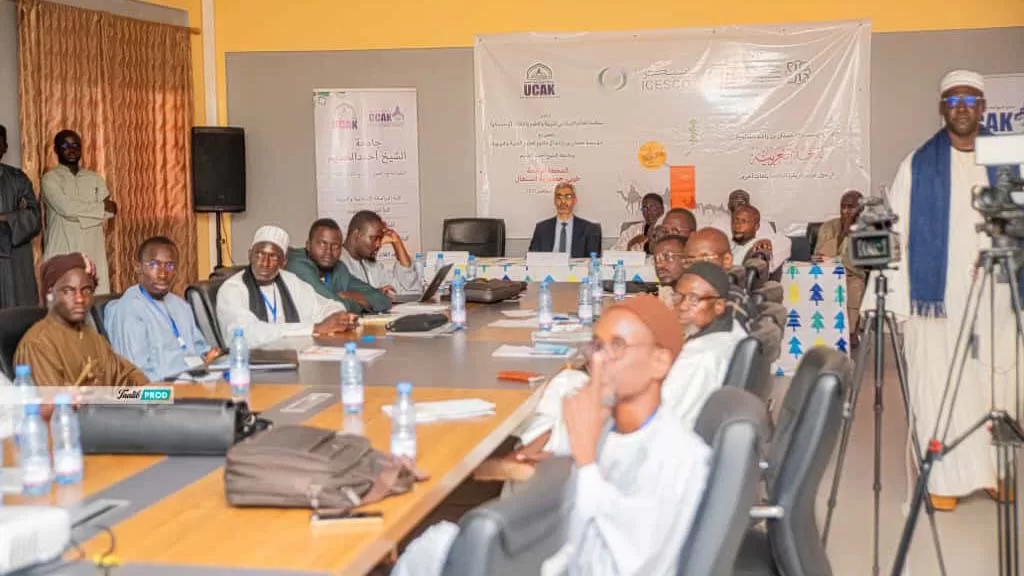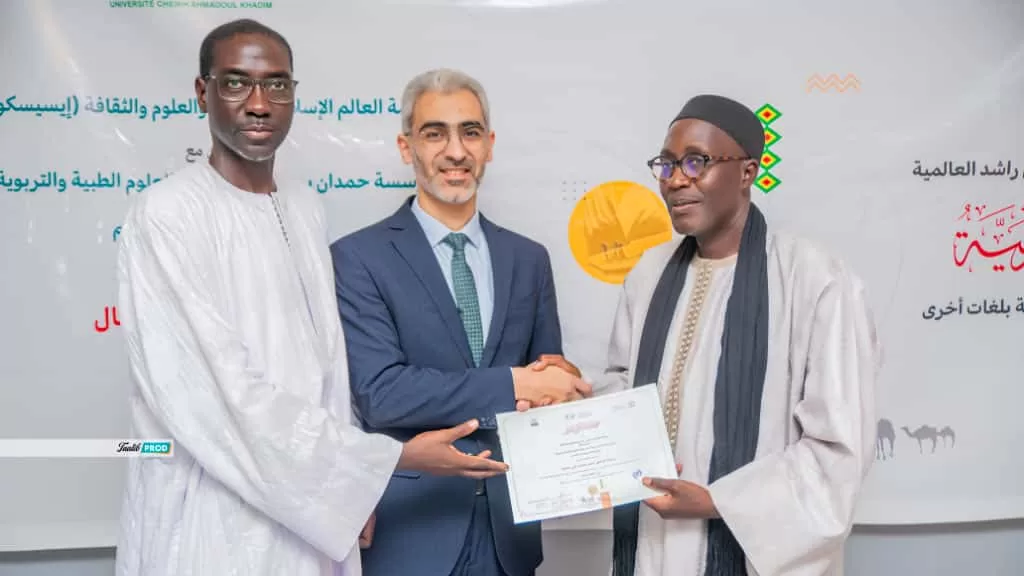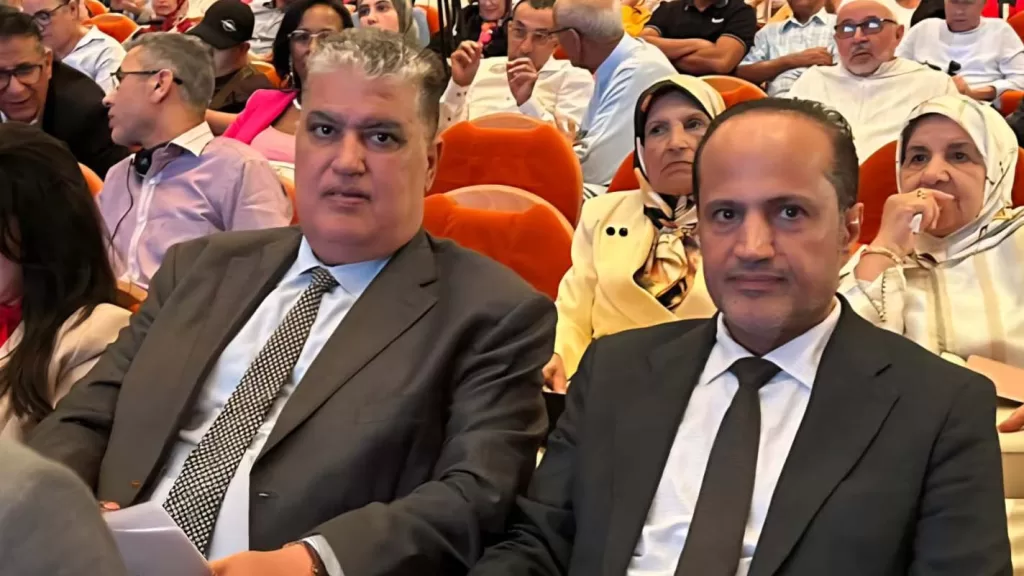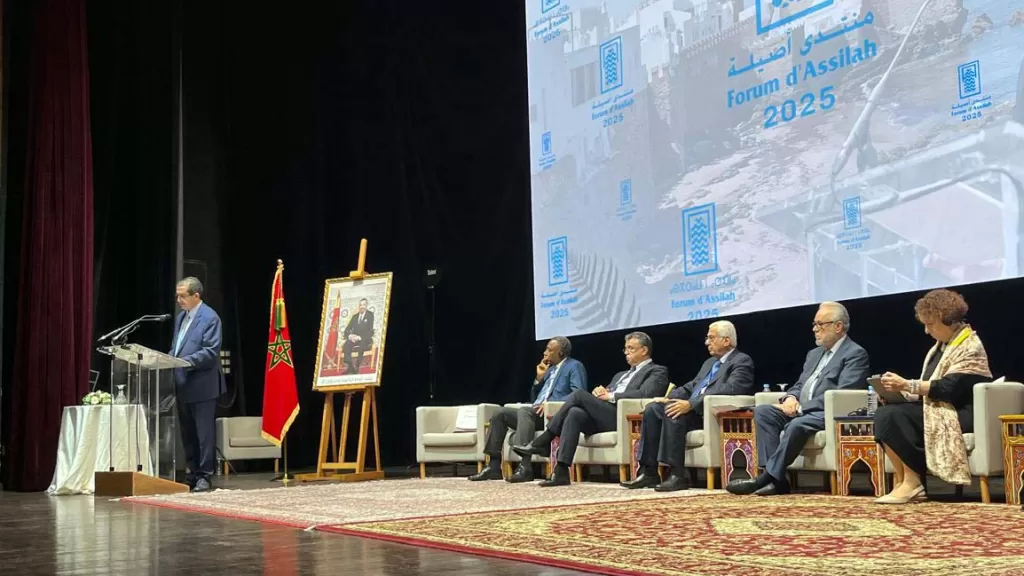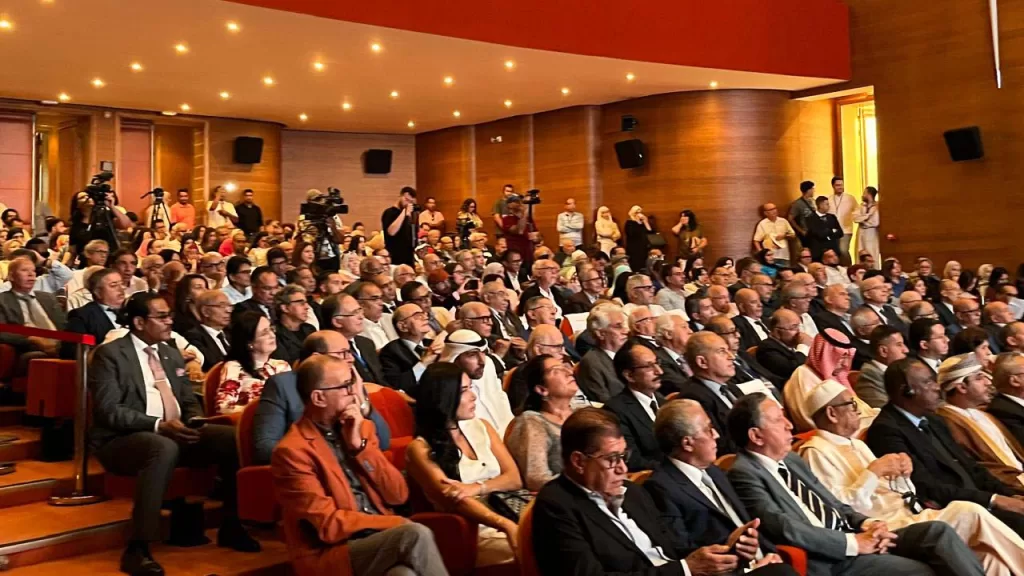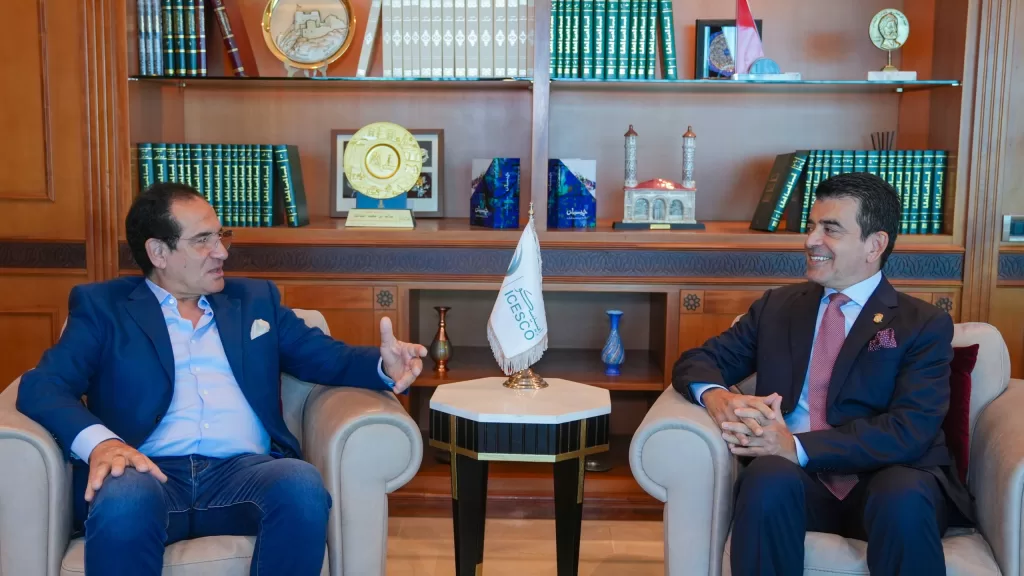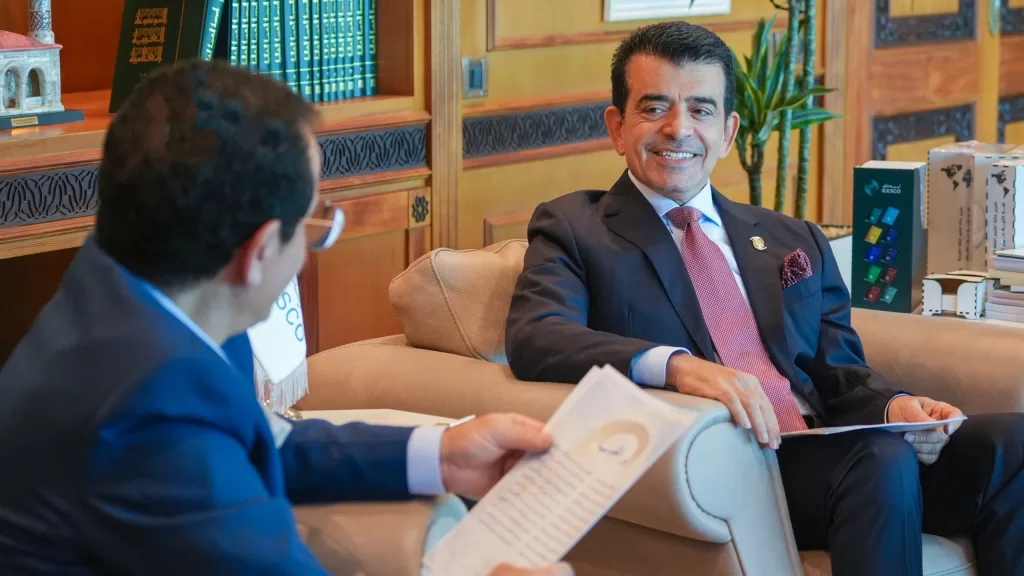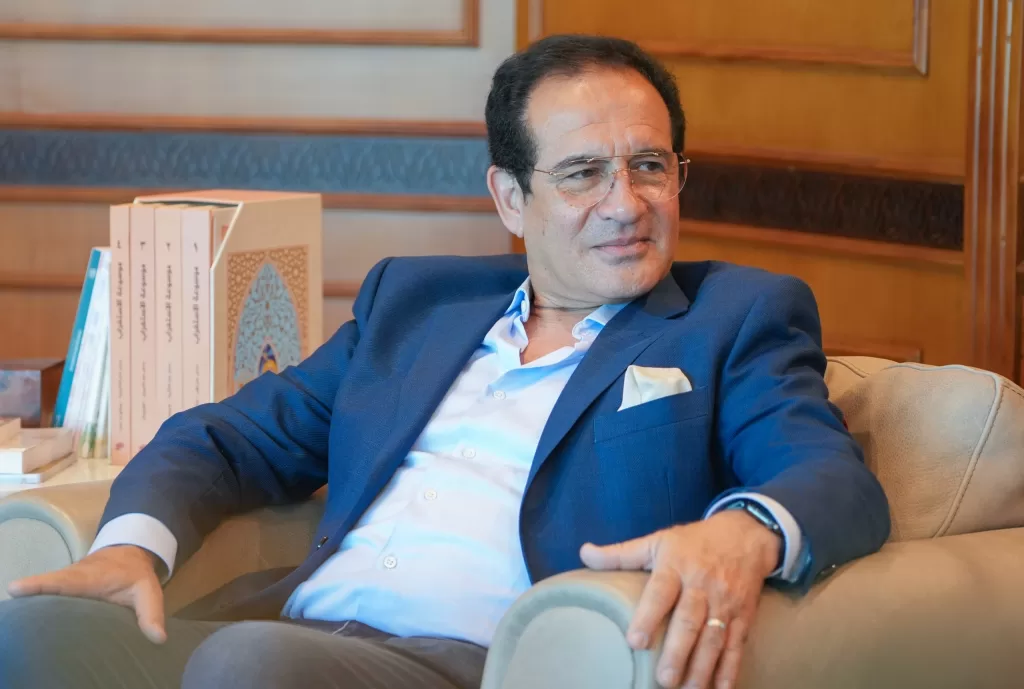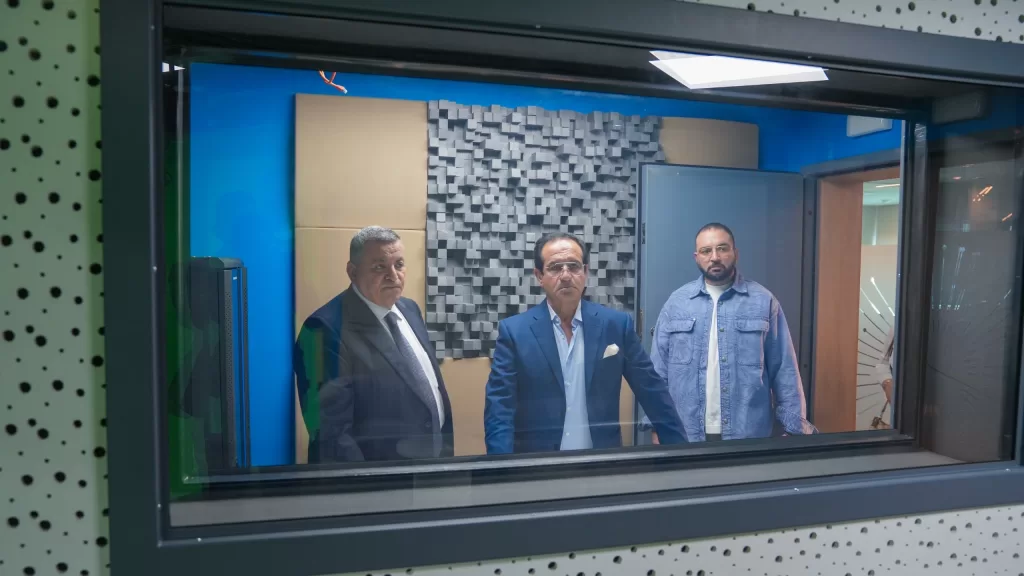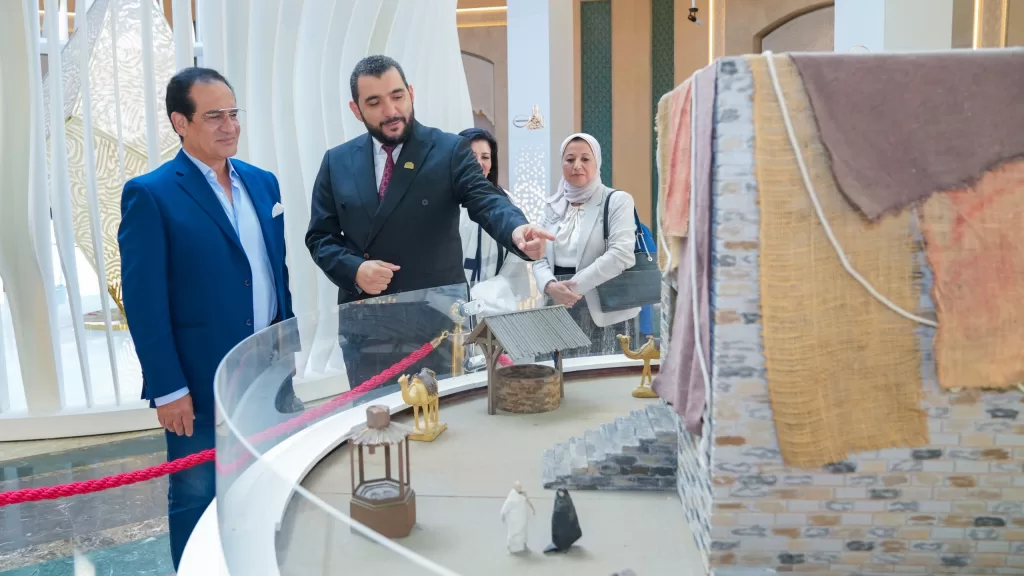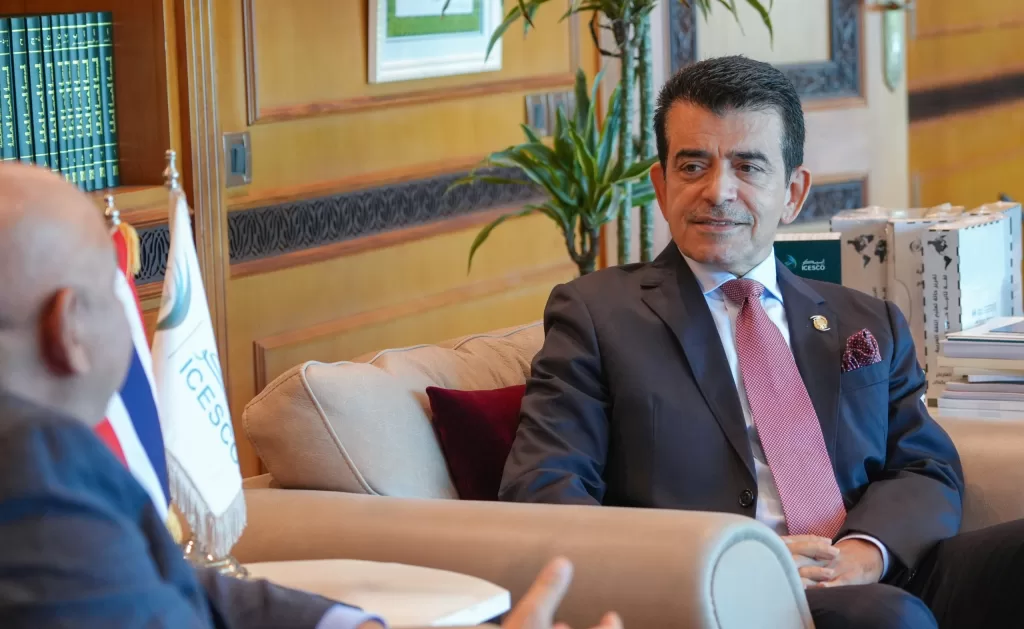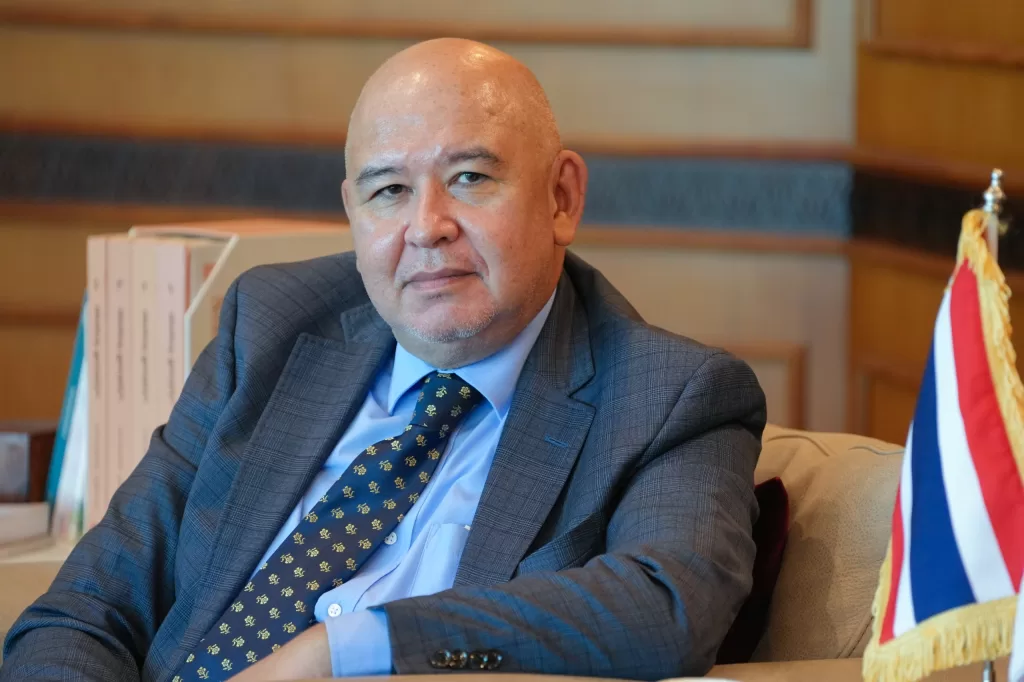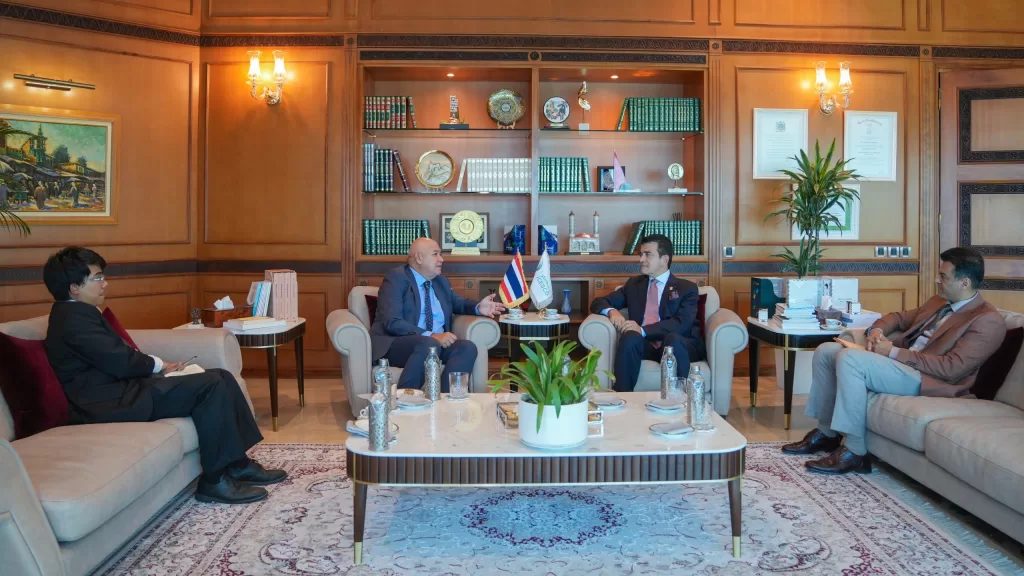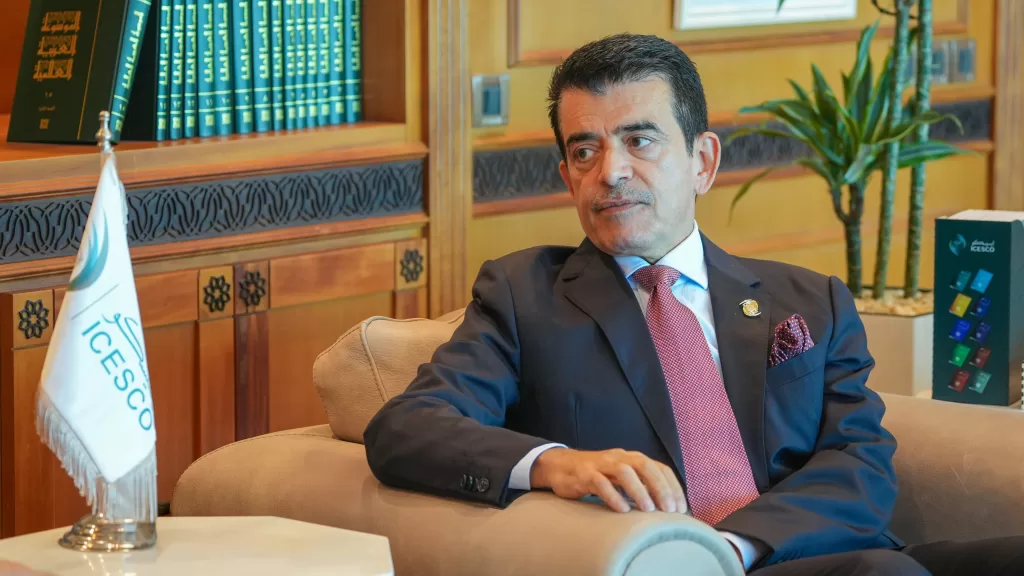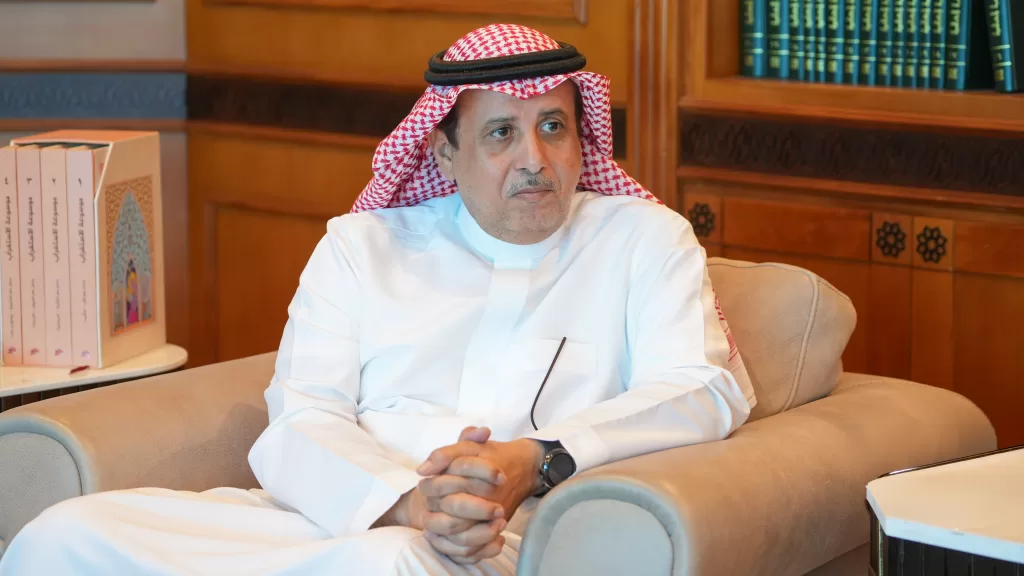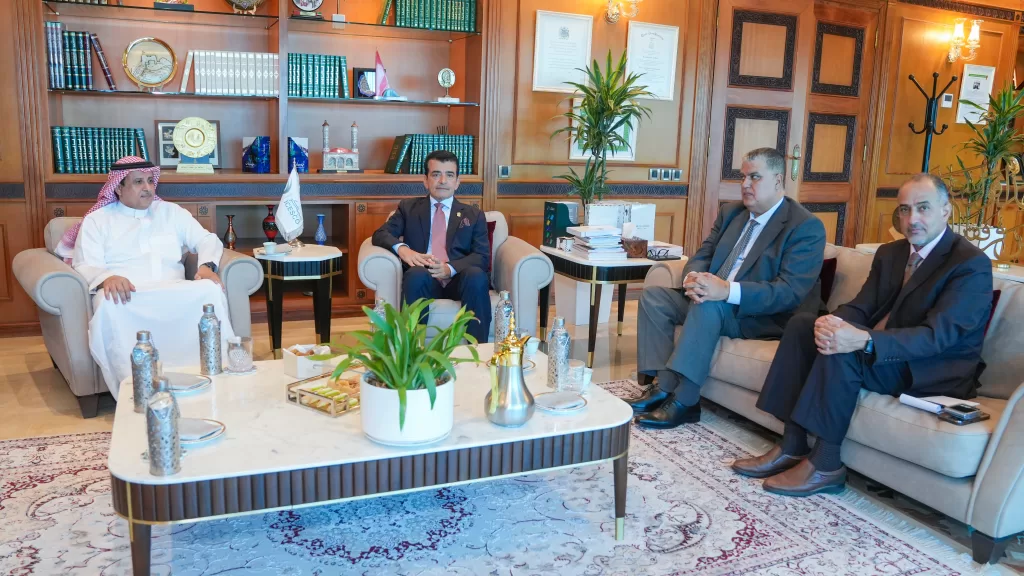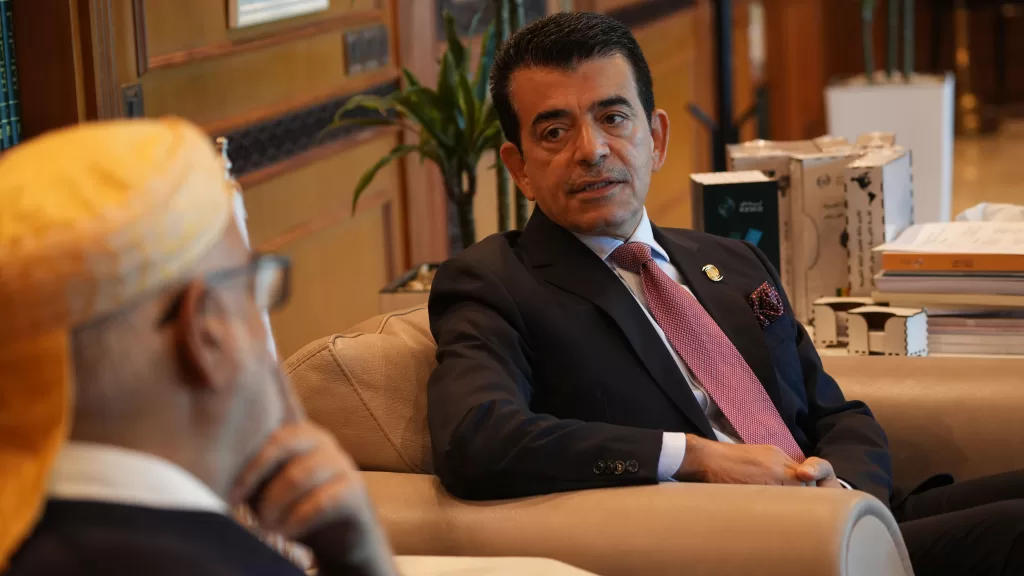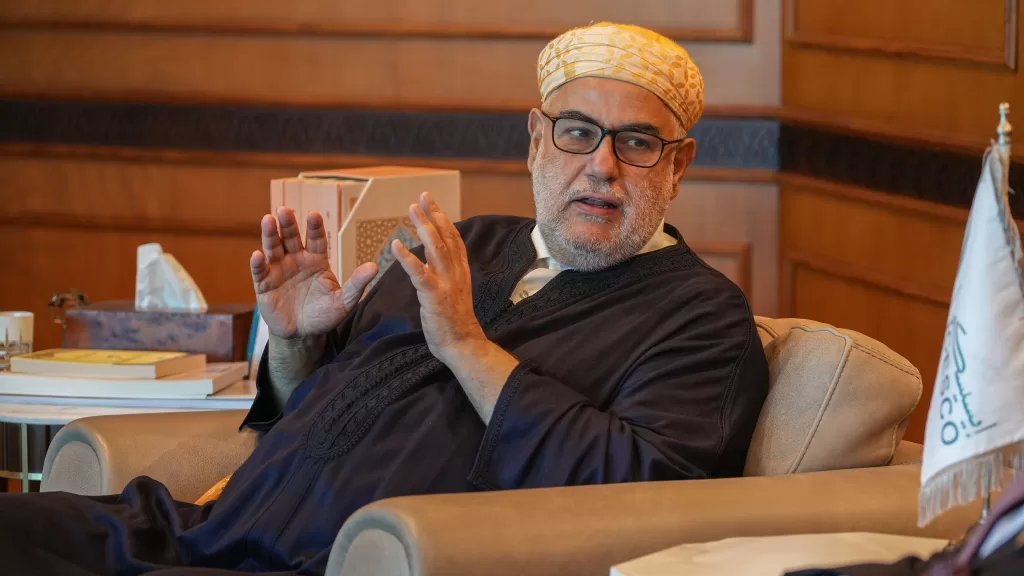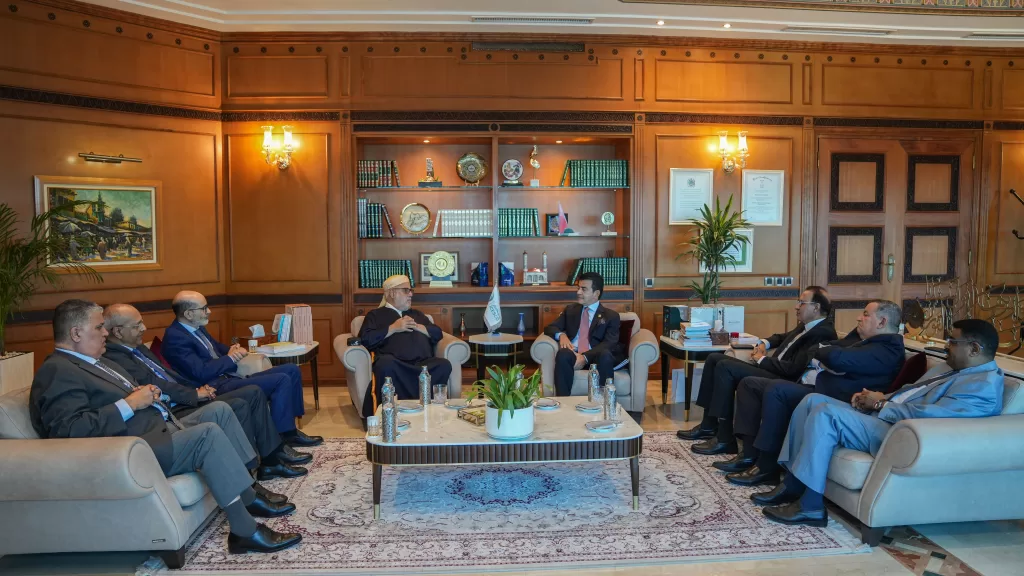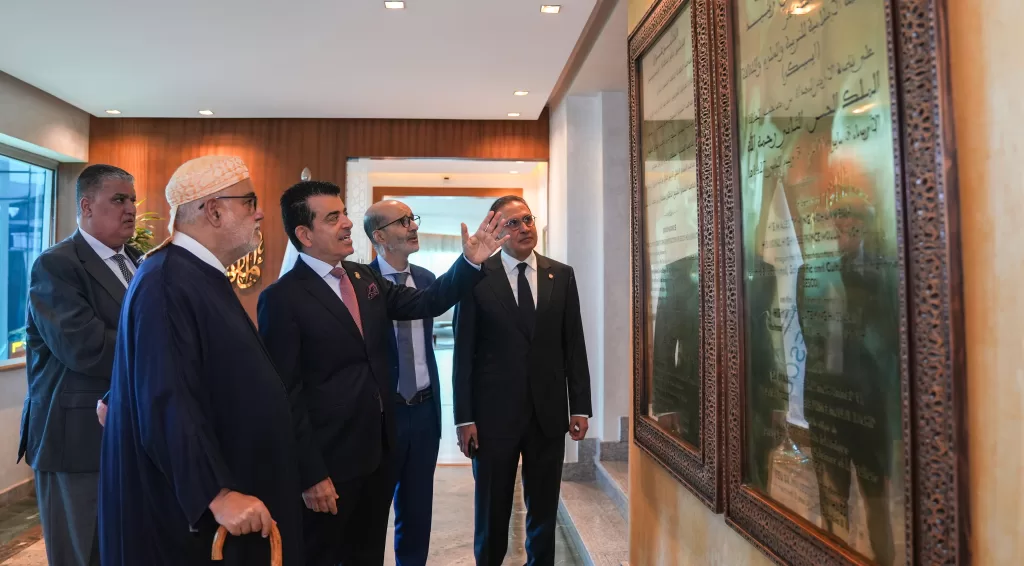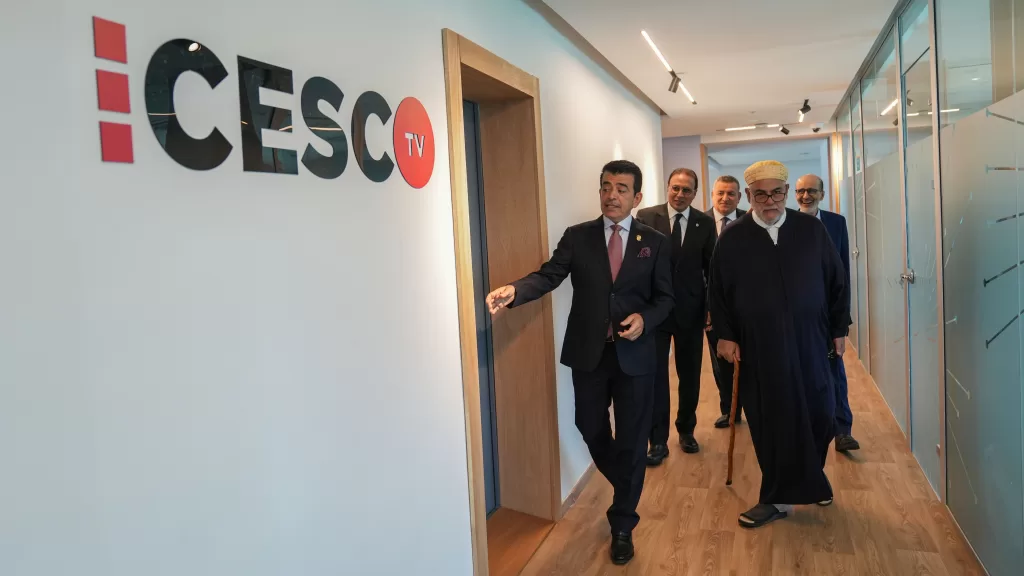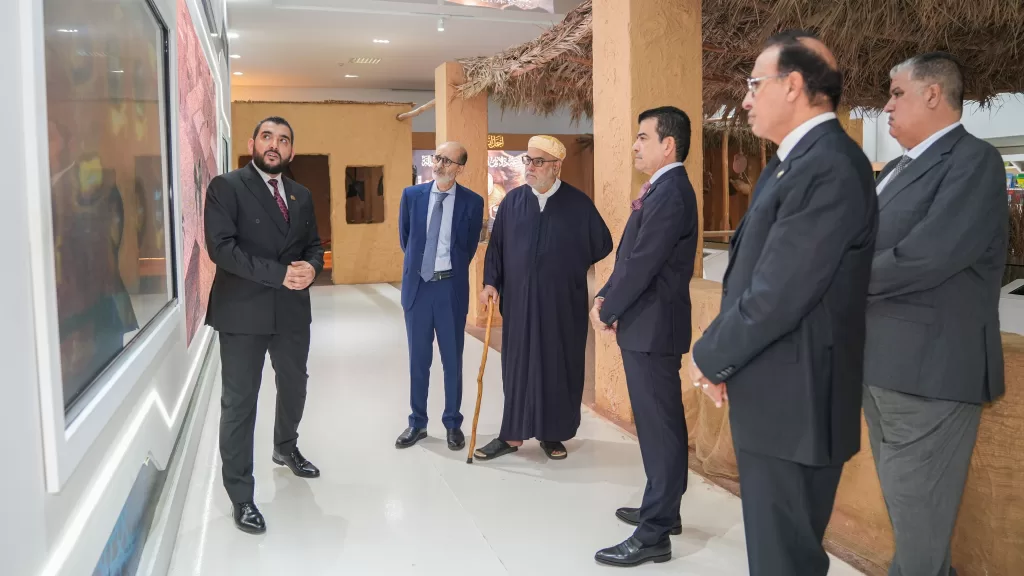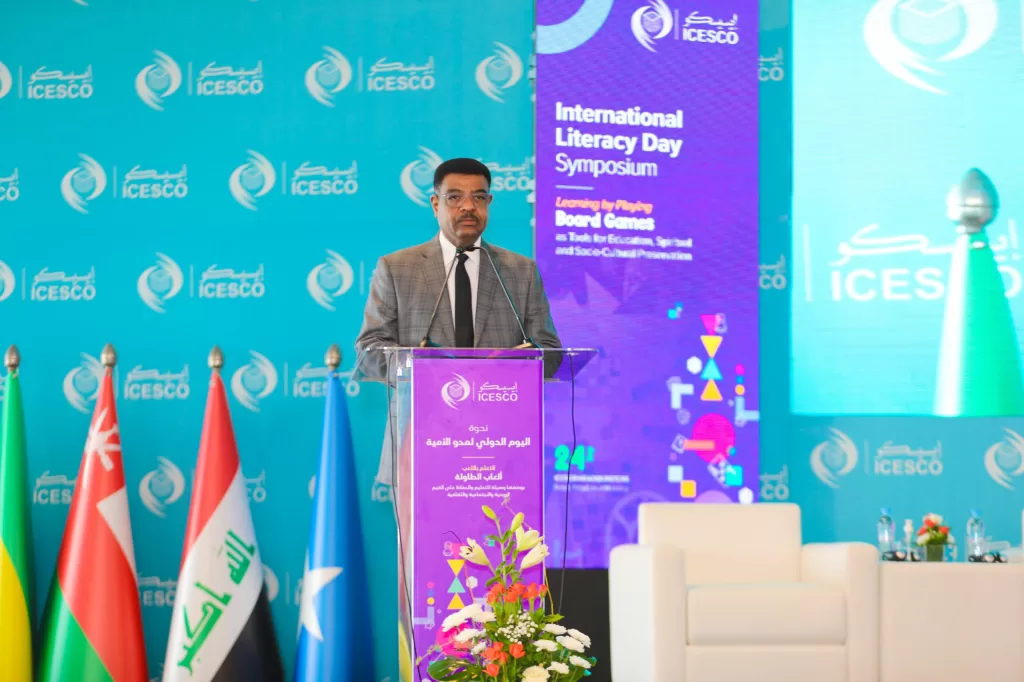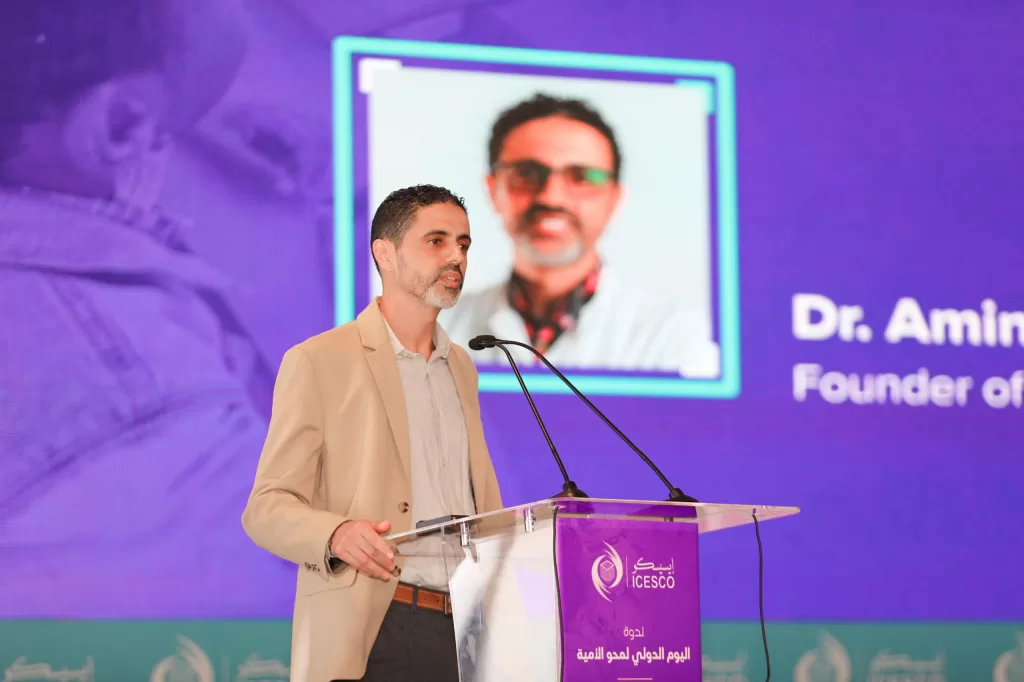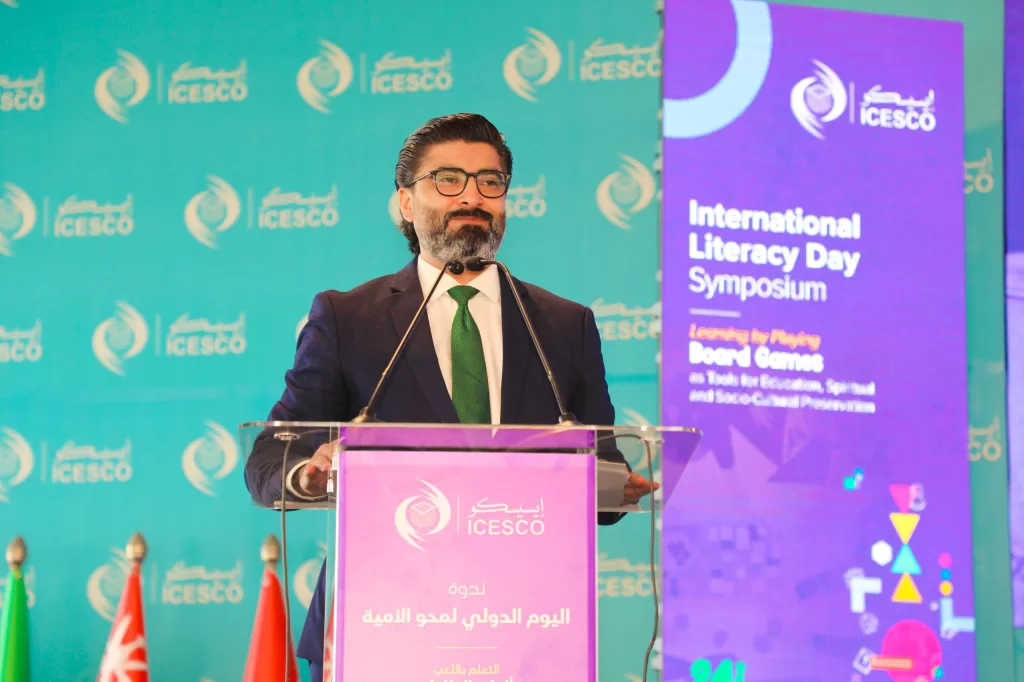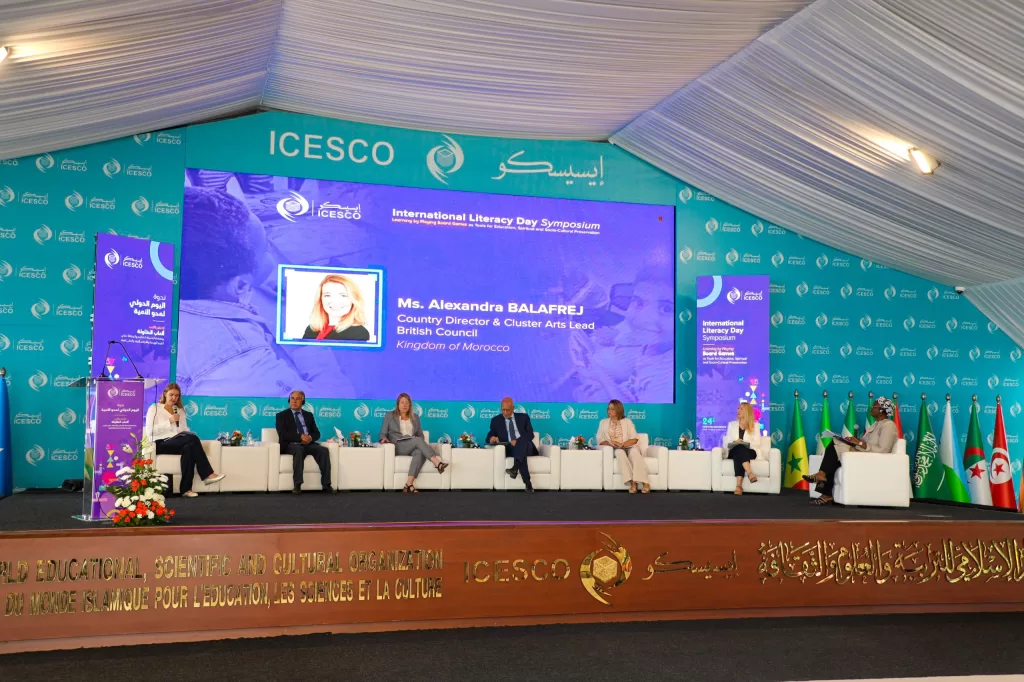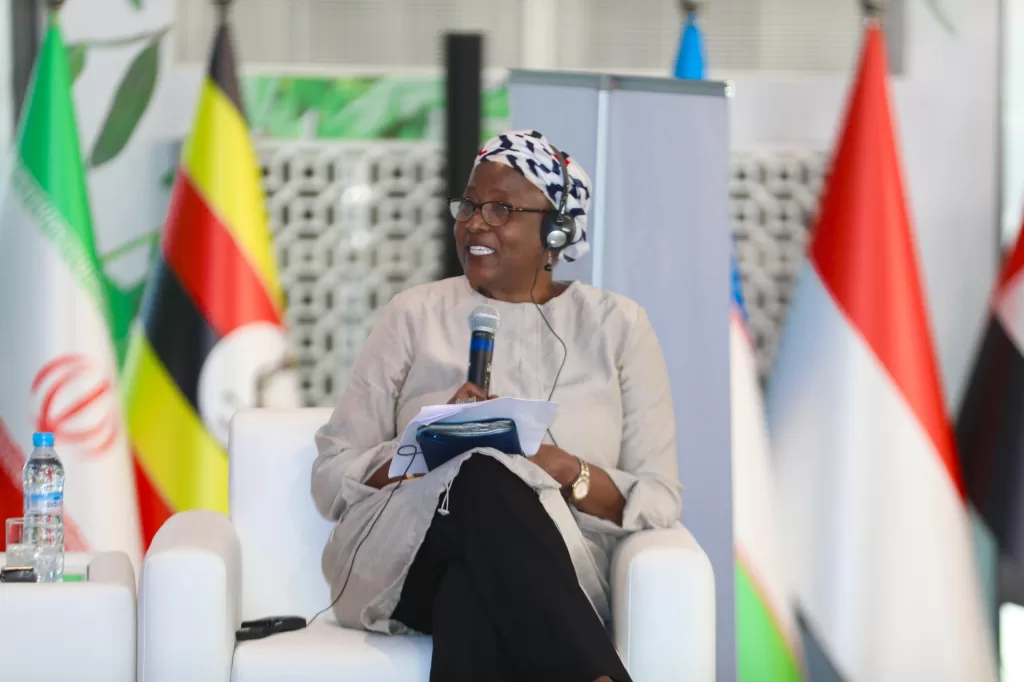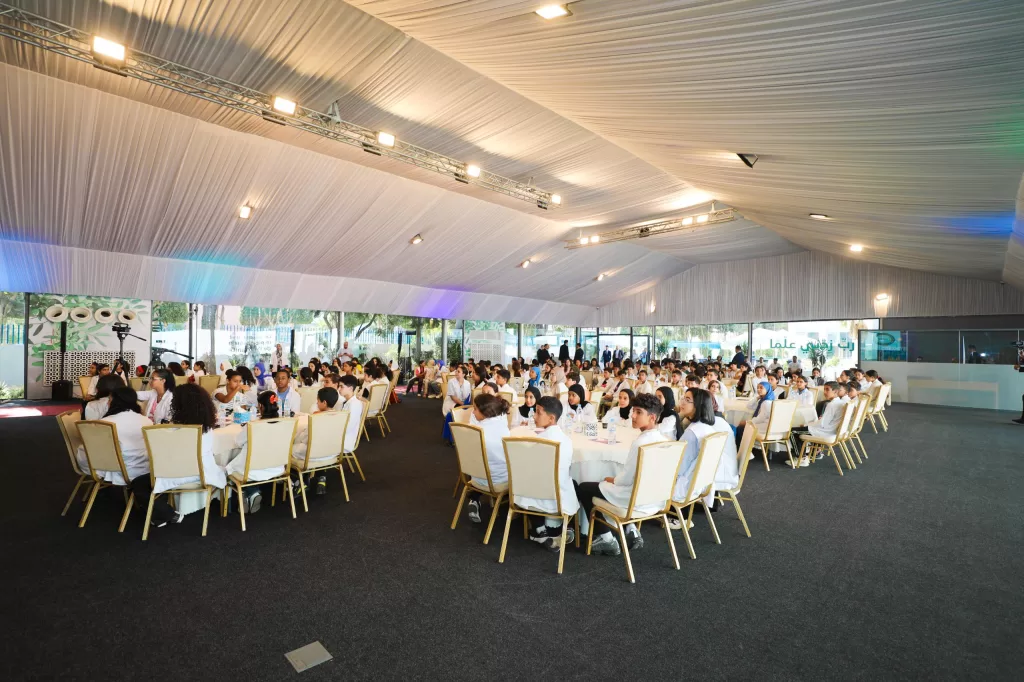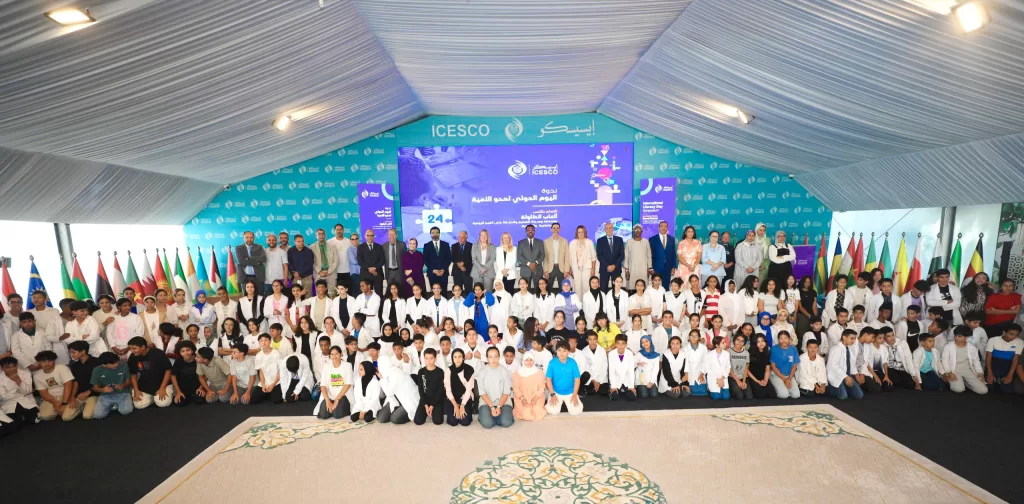Dr. Salim M. AlMalik, Director-General of the Islamic World Educational, Scientific and Cultural Organization (ICESCO), participated in the 2025 Cultural Investment Conference. The conference kicked off on Monday, 29 September 2025, at the King Fahd Cultural Centre in Riyadh, under the patronage of His Royal Highness Crown Prince Mohammed bin Salman bin Abdulaziz Al Saud, Crown Prince and Prime Minister, may God protect him. It was attended by His Royal Highness Prince Badr bin Abdullah bin Farhan, Saudi Minister of Culture, alongside more than 150 speakers and 1,500 participants, including senior decision-makers and leaders in culture and investment at both national and international levels.
The conference aims to present culture as an attractive investment opportunity, showcase innovative financing models, build strategic partnerships, and develop new mechanisms that support creative industries and enhance the role of cultural capital in driving global economic growth. It also highlights the impact of cultural investment in empowering national talent, promoting justice and inclusion, and expanding cultural influence internationally through cultural diplomacy.
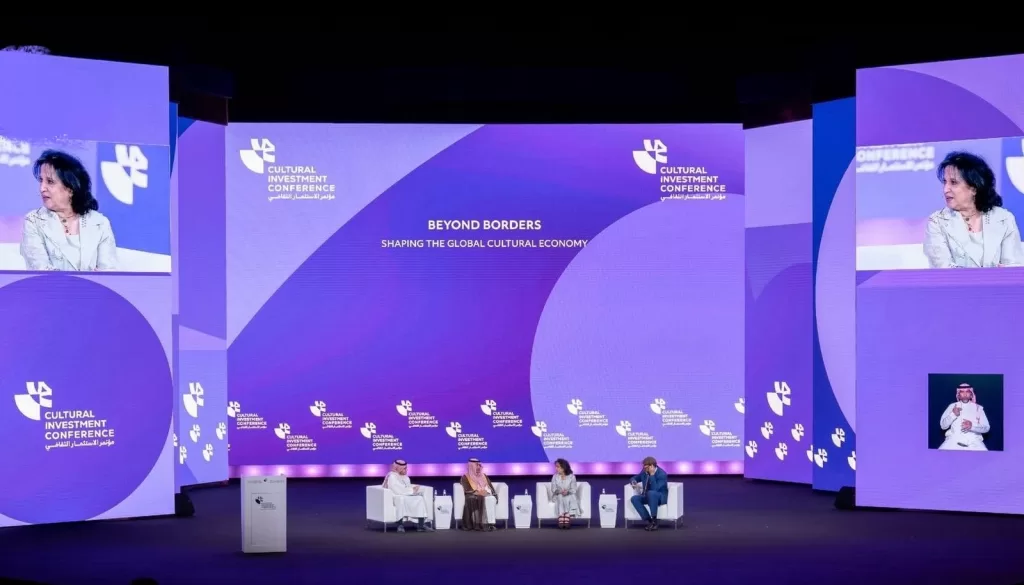
In his opening address, the Saudi Minister of Culture noted, “We are pleased to launch the first edition of the Cultural Investment Conference, which explores the future of cultural investment, its prospects, and its developmental potential,” highlighting that the Saudi cultural sector has undergone a historic transformation since the launch of Saudi Vision 2030, with increased contribution to GDP and the creation of new jobs, and emphasizing the private sector’s role as a strategic partner in the sector’s development.
In a statement, Dr. AlMalik emphasized that the objectives of this international event closely align with ICESCO’s vision and ambitious strategy, which positions culture as a key driver of sustainable development. He stressed that the Organization seeks to enable Member States to develop sustainable investment environments for creative industries, strengthen public-private partnerships, and support young talent and entrepreneurs in cultural fields.
Dr. AlMalik added that ICESCO, through its various initiatives and programs, works to promote cultural investment as a means to build a diversified creative economy and achieve comprehensive development, thereby enhancing intercultural dialogue and consolidating values of peace and understanding.
ICESCO’s participation in the 2025 Cultural Investment Conference reflects the Organization’s commitment to engaging in major international forums and contributing to the formulation of global policies in education, science, and creative culture, in line with its strategic objectives and service to its Member States.
